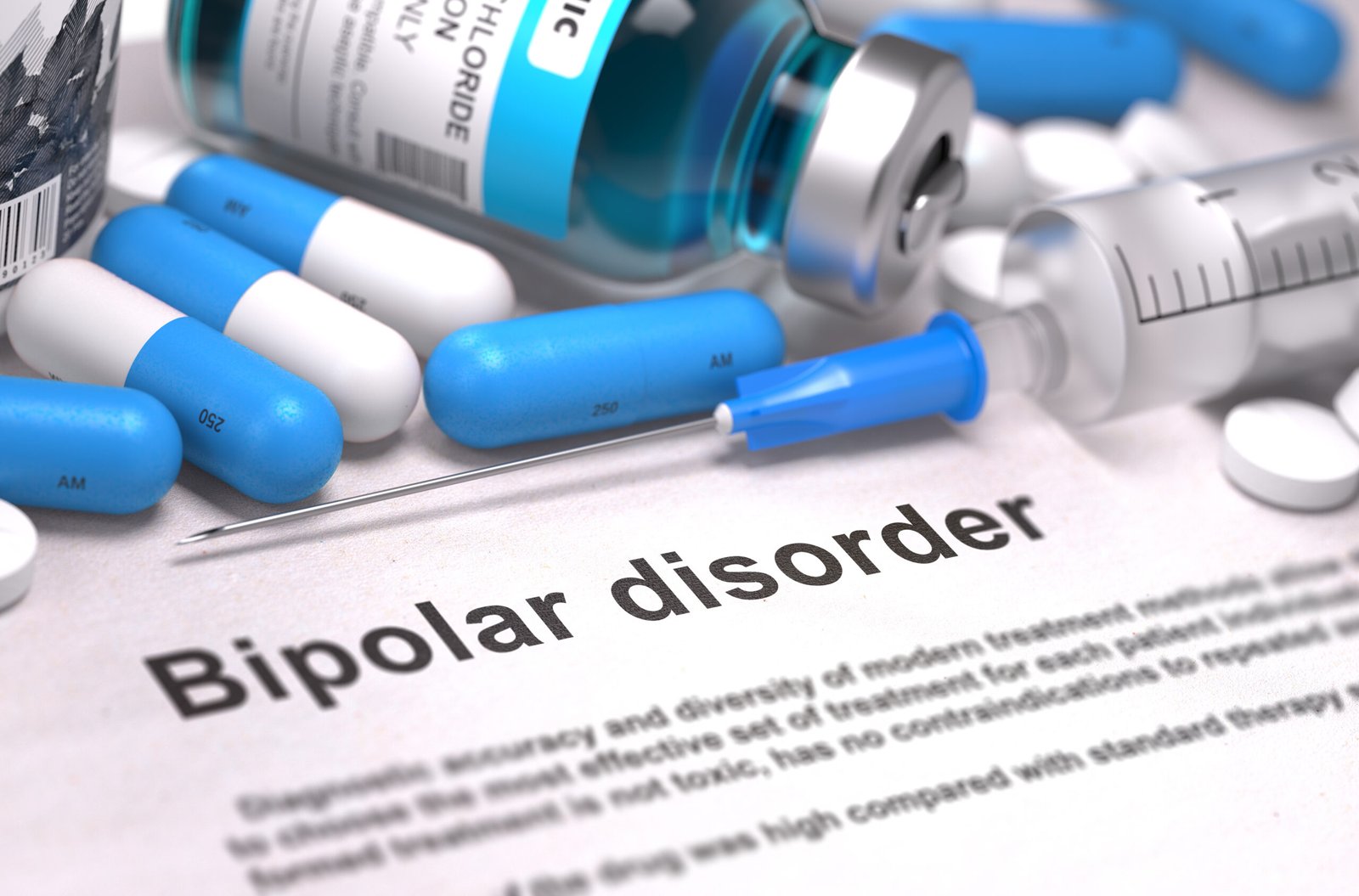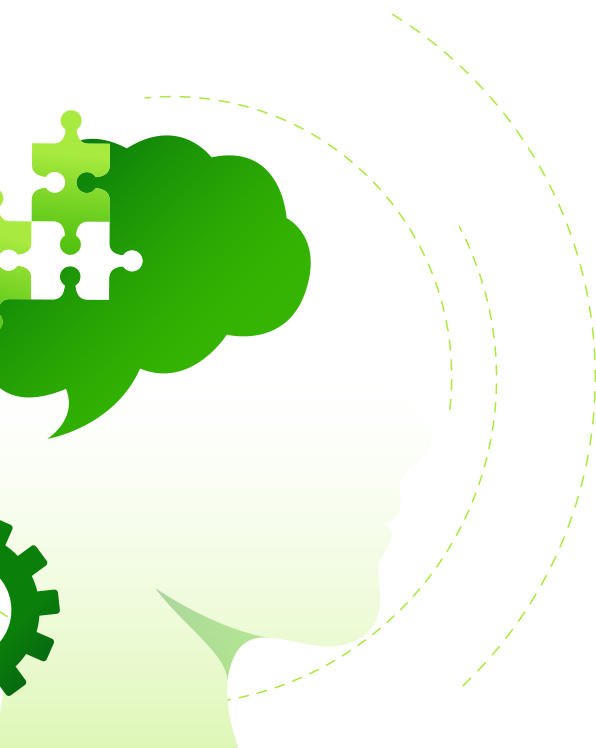
May 20, 2023
Bipolar disorder is a complex mental health condition characterized by extreme mood swings that include manic episodes of elevated mood and energy, as well as depressive episodes of low mood and energy. While bipolar disorder primarily affects mood and behavior, its effects can also extend to the body in various ways. During manic episodes, individuals may experience heightened levels of energy, decreased need for sleep, increased impulsivity, and racing thoughts, which can lead to physical manifestations such as restlessness, agitation, rapid speech, and reckless behavior. Conversely, depressive episodes can result in symptoms such as fatigue, changes in appetite or weight, sleep disturbances, psychomotor retardation, and physical aches and pains. The fluctuating nature of bipolar disorder can also disrupt circadian rhythms and impact the body’s ability to regulate stress hormones, contributing to increased susceptibility to health problems such as cardiovascular disease, obesity, and metabolic disorders.
Symptoms of bipolar disorder can vary widely among individuals and may present differently depending on the type of episode (manic, depressive, or mixed) and the severity of symptoms. Manic episodes are characterized by euphoria, grandiosity, increased energy, impulsivity, and heightened risk-taking behaviors, while depressive episodes entail feelings of sadness, hopelessness, worthlessness, and loss of interest or pleasure in activities once enjoyed. Mixed episodes involve simultaneous symptoms of both mania and depression, which can be particularly distressing and challenging to manage.
Treatment for bipolar disorder typically involves a combination of medication, psychotherapy, and lifestyle modifications. Mood stabilizers such as lithium, anticonvulsants, or antipsychotic medications are commonly prescribed to help stabilize mood and prevent the recurrence of manic or depressive episodes. Psychotherapy approaches such as cognitive-behavioral therapy (CBT), psychoeducation, and interpersonal therapy can assist individuals in managing symptoms, identifying triggers, and developing coping strategies. Additionally, lifestyle interventions such as maintaining a regular sleep schedule, engaging in regular physical activity, practicing stress management techniques, and avoiding substance abuse can help promote mood stability and overall well-being. It’s essential for individuals with bipolar disorder to work closely with mental health professionals to develop a comprehensive treatment plan tailored to their specific needs and to monitor symptoms closely to prevent relapse or complications.



